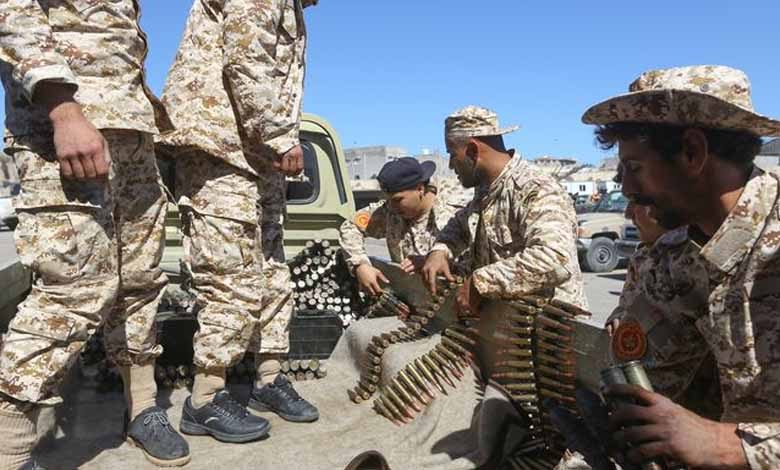Political progress in Libya fails to stop Turkish interventions

The Turkish intervention in Libya remains a major problem in bringing peace to this war-torn country.
Despite the progress of the political dialogue which led to the election of a new executive power composed of a presidential council composed of a president and two deputies (from the three regions of Libya), in addition to a head of independent government of the council, foreign interference, especially Turkish interference, continues to disrupt some Libyan parties participating in the dialogue and even some countries in the region.
The political results were represented by the election of Muhammad Yunus Al-Manfi as chairman of the Presidential Council and two deputies, Abdullah Al-Lafi and Musa Al-Koni, and Abdel-Hamid Dabaiba as chairman of the next government, and some of The parties between them are seen as close to Ankara, a golden opportunity for the Turkish government to further interfere in Libyan affairs.
This time, Turkey has chosen the Tunisian gate for more hegemony and interference in Libyan affairs with the arrival of the new political authority.
In this regard, Turkish Foreign Minister Mevlüt Çavuşoğlu discussed the Libyan question with his Tunisian counterpart Osman Al-Jaradi by telephone.
Turkish diplomatic sources told Turkish Anadolu Agency on Monday that Oğlu and Jundi discussed the latest developments in Libya, without giving further details on the contents of the appeal.
Tunisia has played a role in the Libyan dialogue after being seen to be involved in Turkish agendas and supporting the government of national accord against the Libyan national army led by Marshal Khalifa Haftar in the battle for the liberation of Tripoli.
The Speaker of Parliament, Rashid Ghannouchi, got involved in axis politics, and even called on the head of the reconciliation government, Fayez al-Sarraj, to congratulate him on some military victories, which drew much criticism in Tunisia.
Sources said at the time that Turkey intended to provide military support to the government of Serraj Abd al-Maaber, which the Tunisian government denied at the time.
However, Tunisian President Kais Said has played a role in creating a balance in Tunisian foreign policy and has decided to host one of the Libyan dialogue cycles.
Earlier Monday, Saeed invited members of the elected executive authority in Libya to visit Tunisia, in an effort to support the political settlement process during the transition phase in the neighboring country.
Despite political progress and the conclusion of agreements, Turkish interventions in the region are not expected to decline. In his first statement after his election as head of a transitional government, Dabaiba said that there would be solidarity between Turkey and Libya, adding a dialogue with the Turkish state-run Anadolu Agency, “We are very united with the state and the people.” The Turks, Turkey is an ally, a friend and a brother, and she has many abilities to help the Libyans achieve their true goals. Turkey is one of our real partners.
Turkey, in turn, has refused to give up her interests in Libya, regardless of the political outcome of the dialogue, as the Turkish government has declared that their military presence in Libya and the security and military agreements has made with the previous reconciliation government would not be affected by the election of the new interim authority, stressing that the new government “supports Turkey’s role” in Libya.
Despite international and American criticism of foreign interference in Libya, however, the Turkish will to remain in the Libyan arena appears, which will bring the crisis back to their beginnings, especially as the estrangement of mercenaries and forces foreign countries is part of the agreements concluded between the various parties in conflict.












